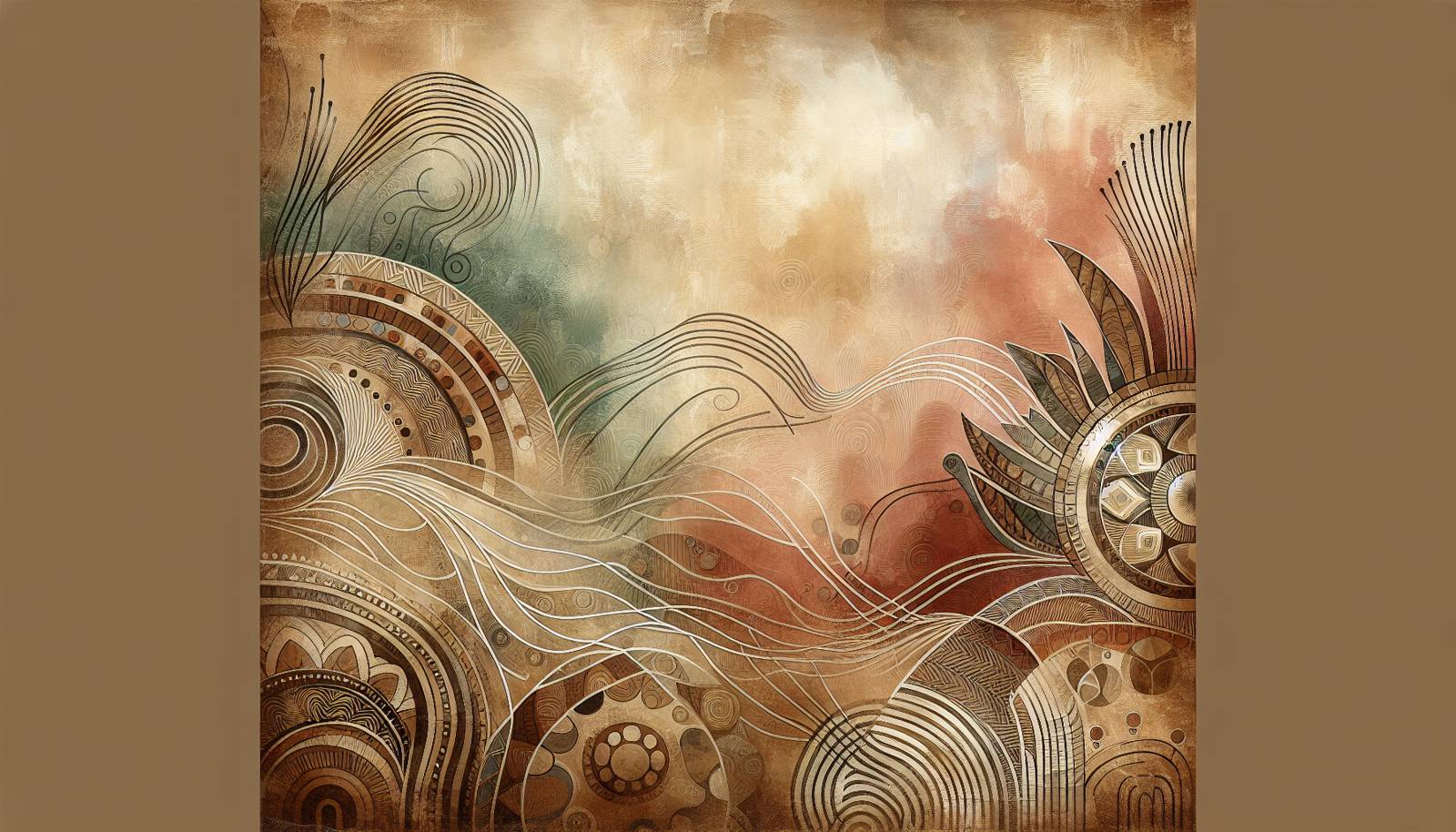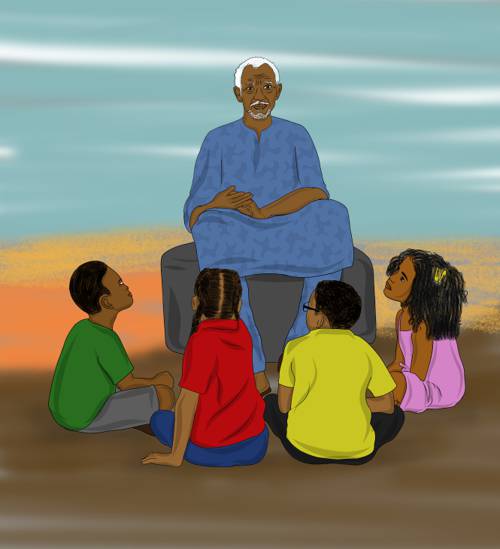
FAQ About The Cultural Impact of African Storytelling Traditions

What are African storytelling traditions?
African storytelling traditions are ancient practices that utilize oral narratives to convey cultural, moral, and historical information. These traditions often involve the use of myths, legends, fables, and proverbs, often accompanied by songs, music, and dance. They serve as an educational tool and play a crucial role in preserving cultural heritage and identity.

How have African storytelling traditions influenced global literature?
African storytelling has had a significant impact on global literature by introducing unique narrative structures, themes, and character archetypes. African oral traditions emphasize community and moral education, which have inspired writers worldwide to explore similar themes in their works. Additionally, African stories often feature non-linear narratives and a rich tapestry of cultural details, contributing to the diversity of storytelling in world literature.

What role does African storytelling play in cultural preservation?
African storytelling is vital for cultural preservation as it transmits knowledge, values, and traditions across generations. Through stories, communities can maintain a connection to their ancestors and cultural history, keeping their identity alive. These narratives also adapt to contemporary contexts, ensuring that the essence of the culture remains relevant and vibrant.

Can you provide examples of African storytelling forms?
Examples of African storytelling forms include griot traditions in West Africa, which involve storytellers who are also musicians and historians. The Anansi tales, originating from West African folklore, are popular stories about a spider trickster that have spread globally. Additionally, oral epics like the "Epic of Sundiata" reflect the rich narrative tradition, incorporating historical events and moral lessons.

How are African storytelling traditions reflected in modern films?
Modern films reflect African storytelling through themes of community, identity, and resilience. Movies such as "Black Panther" incorporate African mythology and aesthetics, celebrating African culture. Filmmakers often draw on traditional narratives and employ African oral storytelling techniques, such as the use of narrative elders or storytellers within the plot, to structure their films.

What is the significance of the griot in African storytelling?
The griot is a key figure in African storytelling, serving as a historian, musician, and oral storyteller. Griots preserve the oral history of a community, recounting important events, genealogies, and cultural narratives. They are regarded as memory keepers and play an essential role in maintaining the cultural heritage and traditions within African societies.

How do African storytelling traditions vary across regions?
African storytelling traditions vary widely across regions due to diverse cultures, languages, and histories. West African storytelling often involves griots and musical elements, while East African narratives might include folktales with animal characters, reflecting local fauna. Southern African cultures may emphasize community-based narratives that focus on social morals. Despite these differences, common themes such as morality and communal values are prevalent throughout the continent.

What impact have African storytelling traditions had on theater?
African storytelling has significantly influenced theater by adopting oral traditions and performance styles. Traditional narratives often incorporate elements of music, dance, and audience participation, which have enriched theatrical performances worldwide. Contemporary theater practices often integrate these elements to create dynamic and interactive storytelling experiences.

How are folktales used in African storytelling?
Folktales in African storytelling are used to impart moral lessons, cultural values, and social norms. They often feature animals or mythical beings that embody human traits, allowing for reflection and discussion about human behavior. Folktales are also a means of preserving and transmitting cultural knowledge across generations, ensuring that traditions and societal values endure.

What are some common themes in African storytelling?
Common themes in African storytelling include community, morality, resilience, and the relationship between humans and nature. These themes often explore social values, ethical dilemmas, and the importance of kinship and collaboration. By focusing on these universal themes, African storytelling resonates with audiences both within and outside of the continent.

How does African storytelling address contemporary issues?
African storytelling addresses contemporary issues by adapting traditional narratives to modern contexts. Storytellers incorporate current social, political, and environmental challenges into their stories, making them relevant to today's world. This approach allows communities to engage with pressing issues while staying rooted in cultural heritage.

What is the role of music in African storytelling?
Music plays a crucial role in African storytelling by enhancing the emotional and narrative aspects of the story. It is often used to set the tone, convey mood, and emphasize important moments in the narrative. Instruments such as drums, flutes, and stringed instruments accompany storytellers, adding a rich auditory dimension that enriches the storytelling experience.

Are African storytelling traditions recognized by UNESCO?
Yes, African storytelling traditions are recognized by UNESCO as part of the Intangible Cultural Heritage of Humanity. This recognition underscores the cultural significance and diversity of these traditions, highlighting their role in maintaining cultural identity and promoting intercultural dialogue.

How does African storytelling influence identity?
African storytelling influences identity by providing individuals and communities with a sense of belonging and historical continuity. Through stories, members of a culture can affirm their values, understand their heritage, and establish a common narrative that strengthens their cultural identity. This process is vital in maintaining unity and fostering pride within communities.

What is the significance of oral tradition in African storytelling?
Oral tradition is a cornerstone of African storytelling, allowing cultures to maintain and transmit their knowledge, values, and historical narratives without written records. This practice ensures that cultural heritage is accessible to all members of the community, fostering a shared identity and understanding. Oral traditions enable stories to adapt over time, ensuring their relevance and resilience.

How have African storytelling traditions been preserved over time?
African storytelling traditions have been preserved through continuous oral transmission from one generation to the next. This preservation is supported by community practices, such as storytelling festivals and performances, which keep the narratives alive and relevant. Additionally, modern recordings and written documentation help ensure these stories are not lost as societal dynamics change.

What elements make African storytelling unique?
African storytelling is unique for its integration of oral narratives with music, dance, and audience participation. This multi-sensory approach creates an immersive experience that engages the audience, making the narrative memorable. The use of rich symbolism, communal themes, and moral lessons also distinguishes African storytelling, giving it a distinct character that resonates globally.

How do African stories depict the relationship between humans and nature?
African stories often depict a profound relationship between humans and nature, highlighting themes of harmony, respect, and interdependence. These narratives teach the importance of living in balance with the environment and often include characters that embody natural elements, reinforcing the idea that humans are part of a larger ecological system.

What is the future of African storytelling traditions in the digital age?
In the digital age, African storytelling traditions are experiencing a renaissance through digital media, film, and literature. Technology offers new platforms to share and preserve these stories, reaching wider audiences globally. Social media, podcasts, and online publications help storytellers continue their craft, ensuring these traditions remain vibrant and relevant in contemporary society.

How are proverbs used in African storytelling?
Proverbs play a significant role in African storytelling by encapsulating wisdom and moral lessons in concise phrases. They are often interwoven into narratives to emphasize key themes and provoke reflection. These proverbs serve as a tool for cultural education, passing down essential insights and values from one generation to the next.
